The BUDI Themes – how you can get involved with dementia research!

The Bournemouth University Dementia Institute (BUDI) continues to expand and build on its excellent start since its launch in May 2012. We are pleased to have recently welcomed three research assistants to the team who are helping prepare grant proposals for various research and enterprise income. On the 24 October BUDI held an away day with 25 staff (7 others were unable to attend) to discuss our strategy for meeting our targets for developing successful research proposals. While we had a successful meeting and are energised to write research grant proposals, the BUDI team would like to extend an invitation to colleagues from across all schools to partner with us in writing bids for research and enterprise income.
To this end, BUDI will be hosting an informal tea / coffee and cake morning on Tuesday 28 January 2014 in The Retreat, for staff to come and meet the team and discuss their potential collaboration with BUDI on dementia research projects.
To help staff see where they might work with BUDI, we have summarised the five BUDI themes below. Under each theme we engage in research, and provide consultancy, service evaluation, and education / training services. However for this event, we are looking in particular to partner with colleagues in developing research grant proposals:
Theme 1: Dementia Awareness and Knowledge Translation
This theme is about raising awareness of dementia in the community and translating knowledge into practice. It is about challenging stereotypes and assumptions made of people with dementia. For example, we are holding an ESRC-funded public engagement event on dementia and showcasing the work of BUDI.
For more information, please contact Anthea Innes or Clare Cutler.
http://blogs.bournemouth.ac.uk/dementia-institute/dementia-awareness-education-and-knowledge-translation/
Theme 2: Dementia Friendly Environments
This theme is about making sure that the environments in which people live and frequent are designed in a manner that is accessible for people with dementia. For example, ensuring care homes and hospitals are designed to help prevent people getting lost and able to access toilets, gardens.
For more information, please contact Jan Wiener or Mariela Gaete-Reyes.
http://blogs.bournemouth.ac.uk/dementia-institute/dementia-friendly-environments/
Theme 3: Improving Services and Care Provision
This theme is about striving to provide the best in health and social care for people with dementia and best support for their carers. For example, working with care homes and community services to evaluate and improve the care they provide so that it better meets the needs and preferences of individuals.
For more information, please contact Samuel Nyman or Clare Cutler.
http://blogs.bournemouth.ac.uk/dementia-institute/improving-services-and-care-provision/
Theme 4: Dementia Friendly Leisure
This theme is about working with the leisure and tourism industry to improve the accessibility of services so that they can be enjoyed by people with dementia. For example, helping museums, art galleries, hoteliers, etc. become more dementia friendly to facilitate social participation by people with dementia in their local community and tourist sites.
For more information, please contact Stephen Page or Anthea Innes
http://blogs.bournemouth.ac.uk/dementia-institute/dementia-friendly-tourism-and-leisure/
Theme 5: Leadership, Education and Staff Development
This theme is about influencing leaders and managers so that organisations can improve their dementia awareness and effectiveness in serving people with dementia. It is also about developing the knowledge and skills of staff who directly serve people with dementia.
For more information, please contact Rick Fisher or Anthea Innes
http://blogs.bournemouth.ac.uk/dementia-institute/leadership-and-staff-development/
We hope that many colleagues will be able to attend the event and foster research proposals together. If you are able to attend, please inform Michelle O’Brien mobrien@bournemouth.ac.uk in advance by Monday 20 January for catering purposes. If you are unable to attend but would like to discuss a research theme, please contact the relevant theme lead mentioned above.
The BUDI team




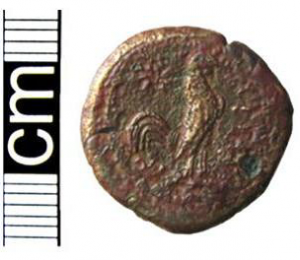



 Coming soon is essential training on book writing. A must for researchers, especially those looking to write their first book.
Coming soon is essential training on book writing. A must for researchers, especially those looking to write their first book.

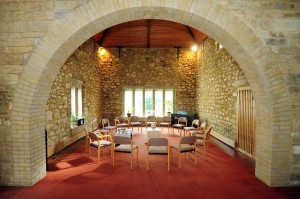
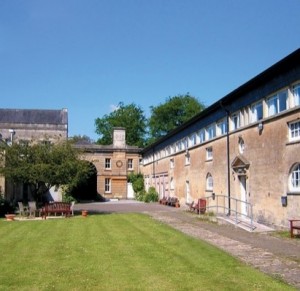




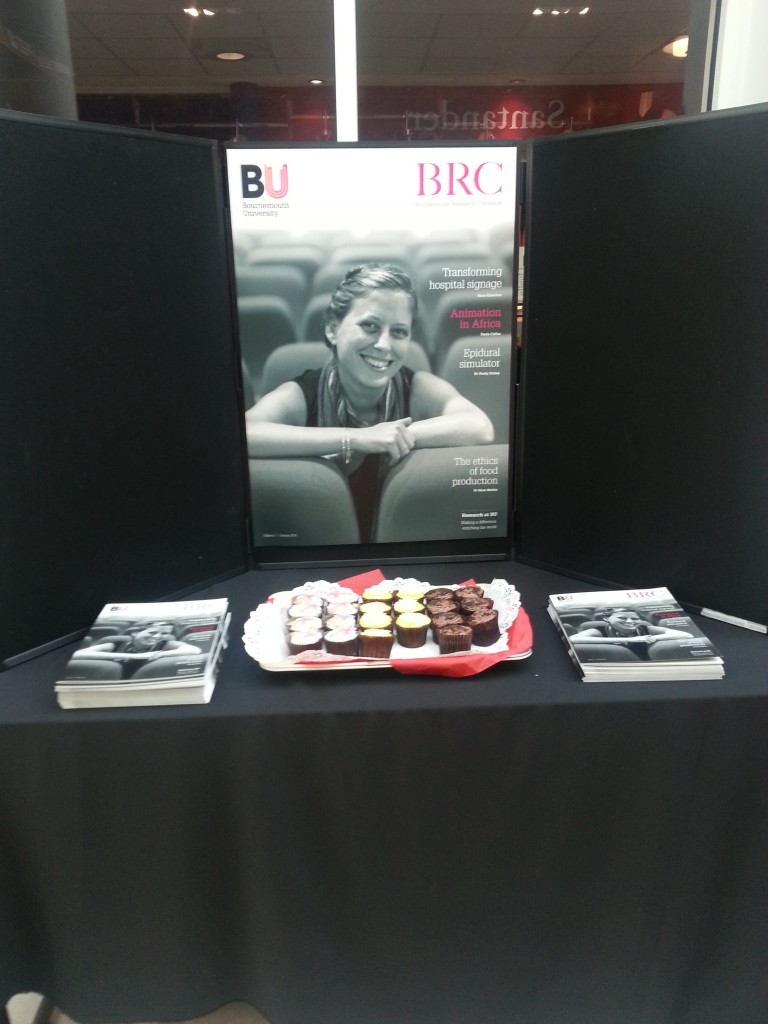
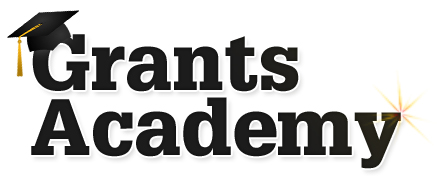
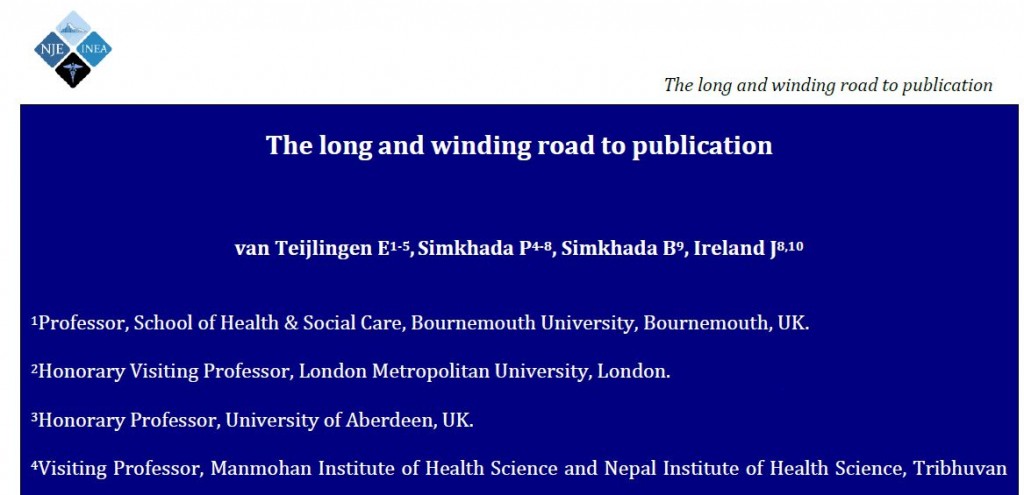
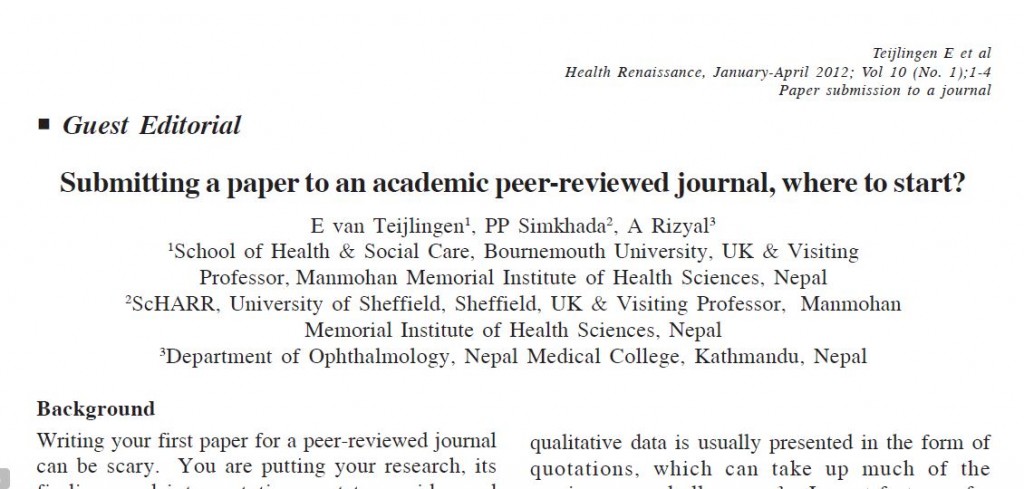
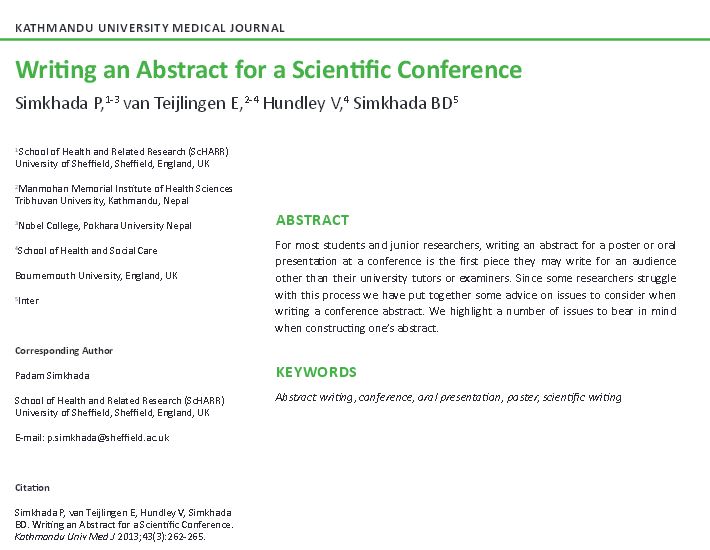











 New Nepal scoping review on maternal & neonatal health
New Nepal scoping review on maternal & neonatal health Fourth INRC Symposium: From Clinical Applications to Neuro-Inspired Computation
Fourth INRC Symposium: From Clinical Applications to Neuro-Inspired Computation Writing policy briefs
Writing policy briefs Upholding Excellence: The Concordat to Support Research Integrity
Upholding Excellence: The Concordat to Support Research Integrity ECR Funding Open Call: Research Culture & Community Grant – Application Deadline Friday 12 December
ECR Funding Open Call: Research Culture & Community Grant – Application Deadline Friday 12 December MSCA Postdoctoral Fellowships 2025 Call
MSCA Postdoctoral Fellowships 2025 Call ERC Advanced Grant 2025 Webinar
ERC Advanced Grant 2025 Webinar Horizon Europe Work Programme 2025 Published
Horizon Europe Work Programme 2025 Published Horizon Europe 2025 Work Programme pre-Published
Horizon Europe 2025 Work Programme pre-Published Update on UKRO services
Update on UKRO services European research project exploring use of ‘virtual twins’ to better manage metabolic associated fatty liver disease
European research project exploring use of ‘virtual twins’ to better manage metabolic associated fatty liver disease